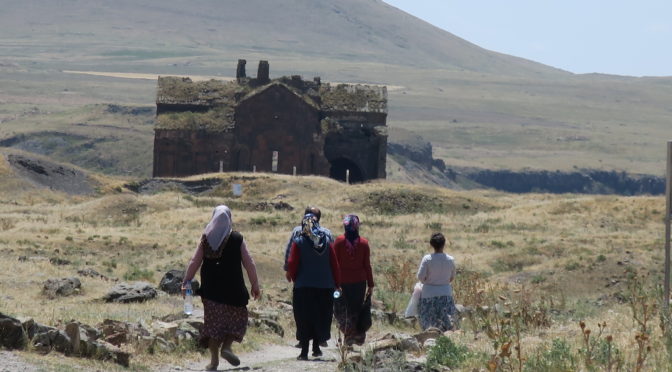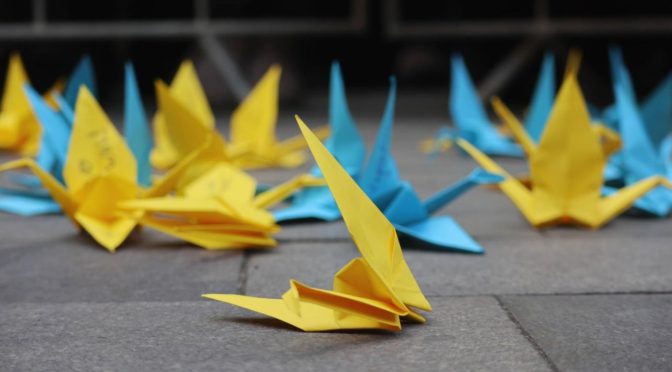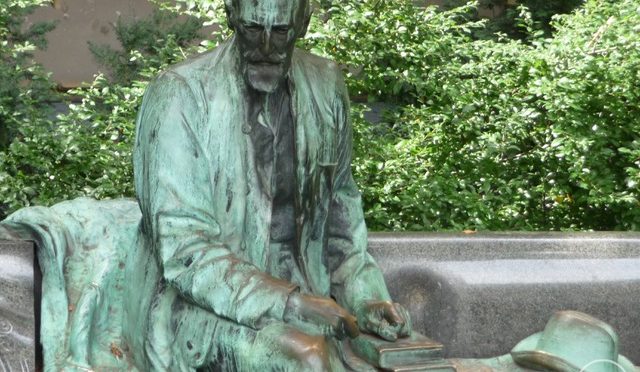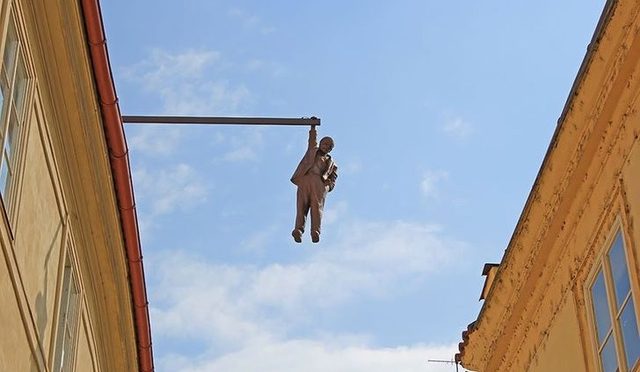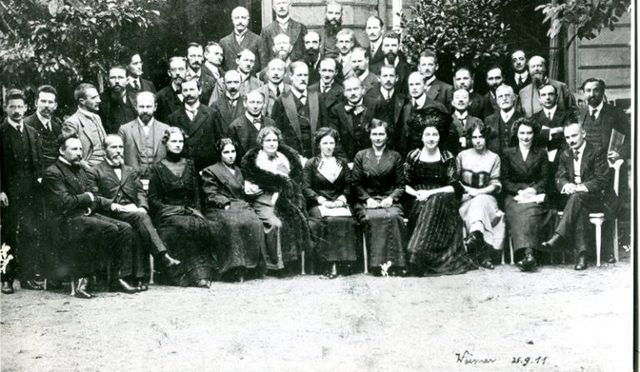Affects, Everyday Writing Practices, and the Origins of Self-Analysis. The Case of Julian Ochorowicz and Sigmund Freud.
4th 2022 Session of CEFRES Seminar
When: Wednesday 30 March 2022, 4:30 pm
Where: At CEFRES and online (to register please contact claire(@)cefres.cz)
Language: English
Host: Agnieszka Sobolewska (Warsaw University/Sorbonne University/CEFRES)
Abstract:
In what ways everyday writing practices (such as keeping a journal or writing letters) are related to science in the second half of the nineteenth century? How the differences between self-reflective techniques (such as introspection and self-analysis) are reflected in the generic divergencies between journal and epistolary practices? During this presentation, I will take a closer look at the important shift in the nineteenth century psycho-medical literature which was closely related to the question of psychological introspection and the emergence of psychoanalytic self-analysis in the late 1890s. This shift can be closely observed in life writing of the nineteenth-century psychologists, physicians, and future psychoanalysts, and was crucial for future understanding of the self in the twentieth century.
Pokračování textu Affects, Everyday Writing Practices, and the Origins of Self-Analysis


